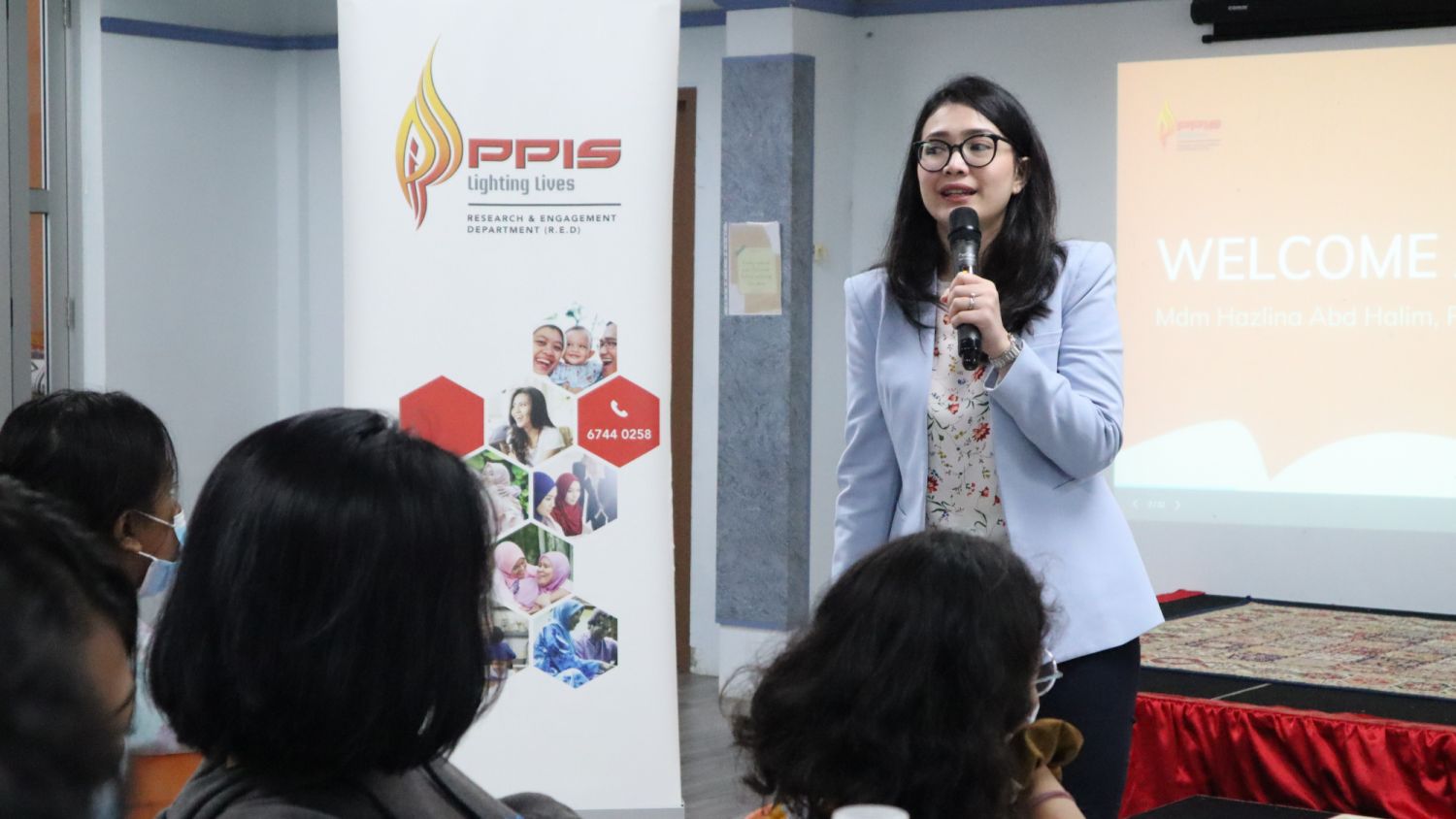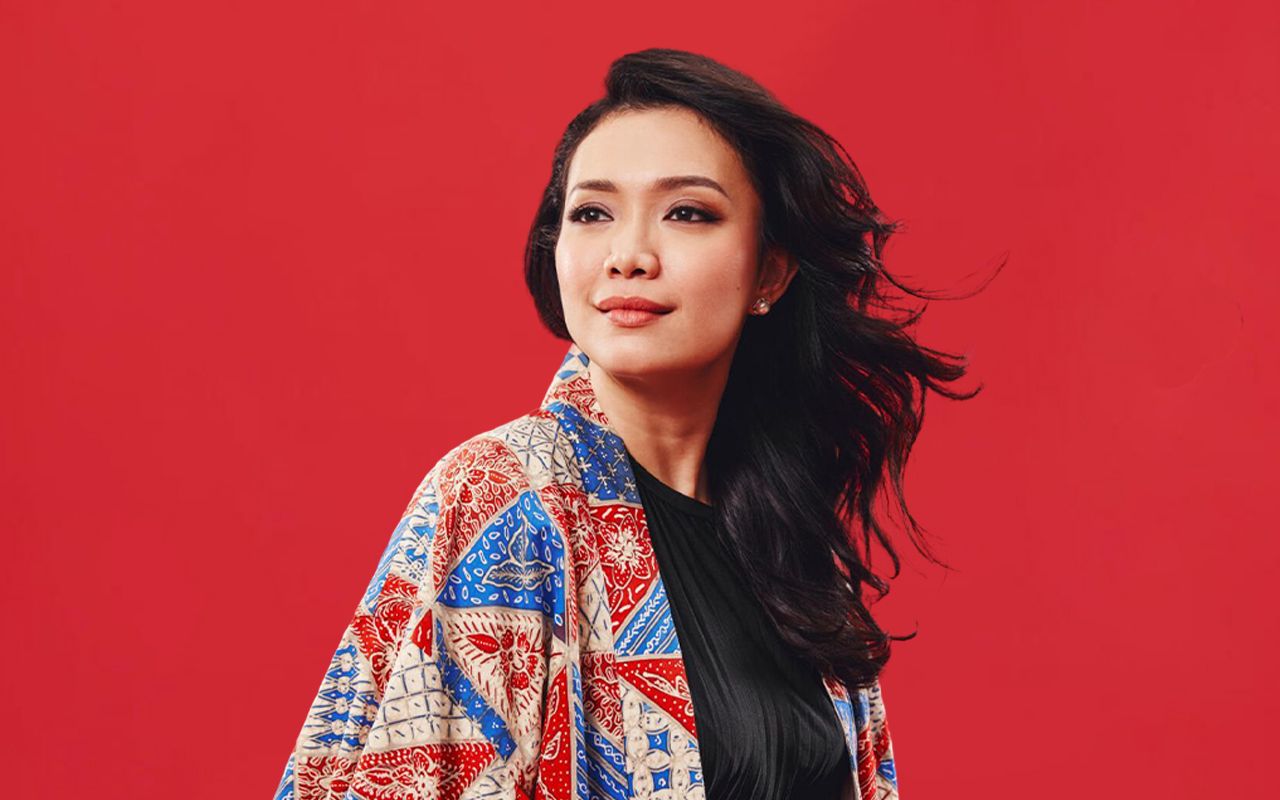The president of the Singapore Muslim Women’s Association and CEO of Make‑A‑Wish Singapore brings lessons learned from journalism to a career in social service and non‑profit
A familiar face in the local media industry, Hazlina Abdul Halim grew up in the newsroom, as an intern in her teens before ascending the ranks as a radio DJ, broadcast journalist and editor. After stints in public affairs at the foreign mission and in education at a local polytechnic, she was appointed president of the Singapore Muslim Women’s Association (PPIS) in 2020—the youngest one to date. Two years later, Hazlina became the CEO of Make‑A‑Wish Singapore, a non‑profit that grants wishes to children with critical illnesses.
Last year, PPIS released its inaugural study to shed light on the top three aspirations of Muslim women: (1) to be a better Muslim woman; (2) to be financially independent; and (3) to be fit and healthy through regular exercise and better eating habits.
In 2023, Hazlina looks forward to awarding PPIS's first postgraduate scholarship and the launch of a space for women to connect, convene and support one another, among other projects. She shares lessons learned as a journalist, her optimism in youth and the importance of faith.
Read more: Nor "Phoenix" Diana on pro wrestling as performance art and representation in the sport

I’ve always been an optimistic person with a healthy dose of scepticism, not cynicism. Scepticism is where curiosity and questions come from. Being in social service, it helps that you’re able to look for the good and believe that there’s good in everyone, and we need to find it.
Faith and family are important tenets to Muslim women. Centre the intent of why you do what you do and have faith that with the right intent, things will happen. Have faith in the faith, and faith in fate by believing in the intent.
The term “model minority” is double‑edged. There’s a level of responsibility involved, where you represent what your friend, colleague, acquaintance or partner thinks of members of your community. There’s that expectation, but it’s also an opportunity to share so that people learn and eradicate unhealthy or negative stereotypes.
Productivity was something that drove me, to want to make every second productive. Then I realised that as you evolve, while it’s important not to waste time—the concept is making each day matter. Sometimes it’s about quality and not quantity.
Read more: Nicole CuUnjieng Aboitiz and her passion for being a student of the world
